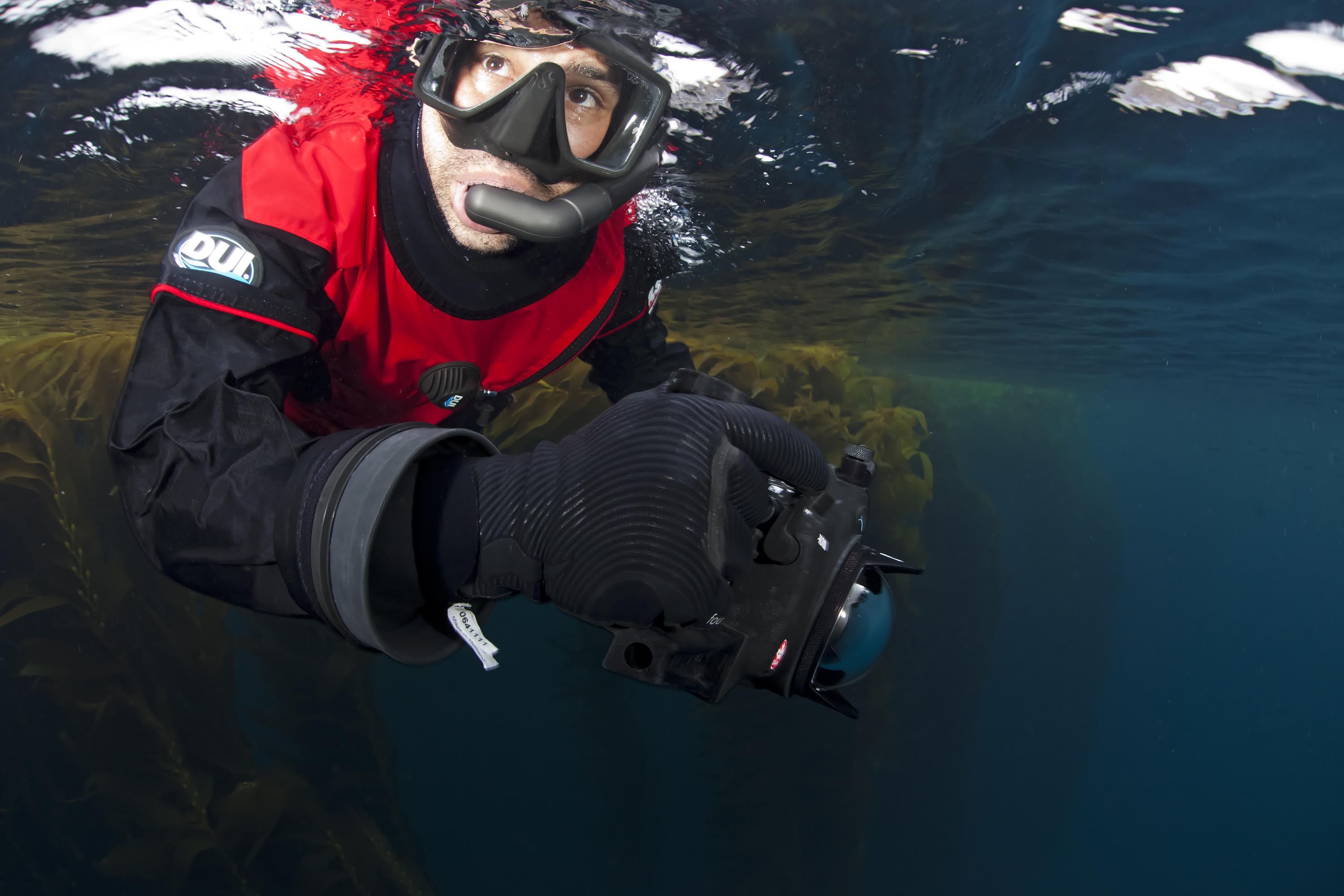Collaborative Science and Technology to Protect Coastal Habitats and Improve Fisheries

Dr. Aburto’s research seeks to further advance the understanding of small scale fisheries stocks by integrating local fishers and state of the art technology to assess both fisheries and habitat health. Those interested in the intersection of human behavior with ecosystem management will enjoy this talk.
— Juliette Verstaen, MESM 2019
ABSTRACT
Researchers are divided over the wisdom of using fisheries landings to assess the health of a stock, a discussion that has dominated ocean conservation issues in the last decade. Many of the arguments connected with this debate come mainly from two sources: 1) the top-down way of collecting fisheries statistics from national governments self-reporting, and/or 2) modeling the catch trends of industrial fisheries of developed countries. In both cases, social issues, such as marine resources administration or cultural exploitation behaviors, aren’t considered in the above-mentioned sources of projections. Although my presentation won’t provide proven truths of how to enrich or forward this discussion, I will present the results of several research activities that my lab has been conducting in coastal habitats and fishing communities: working with fishers and using GPS and drone technologies to assess small scale fisheries and mangrove habitats. Through these collaborative science projects, we have found that human behavior can condition the amount and/or type of fisheries and mangrove habitat, suggesting that social variables should be considered in the greater picture when discussing ocean conservation and fisheries management strategies.
BIO
Octavio Aburto is an Associate Professor at Scripps Institution of Oceanography (SIO), a professional photographer associated with the International League of Conservation Photographers, and a National Geographic Explorer. Dr. Aburto obtained his PhD at the Center of Marine Biodiversity and Conservation at SIO, and received the Jean Fort Award from UCSD for his significant contribution to an issue of public concern through his doctoral research. Dr. Aburto was a WWF-Science Kathryn Fuller Fellow, was awarded the Conservation of Nature prize by the Mexican Ministry of the Environment—CONANP in 2014, and received a Hellman Fellowship in 2015. His research and photographs have focused on marine reserves and commercially exploited marine species and their fisheries in Mexico, Belize, Costa Rica, Ecuador, and the US. His photographs have been part of several conservation projects worldwide and have won international photography contests.